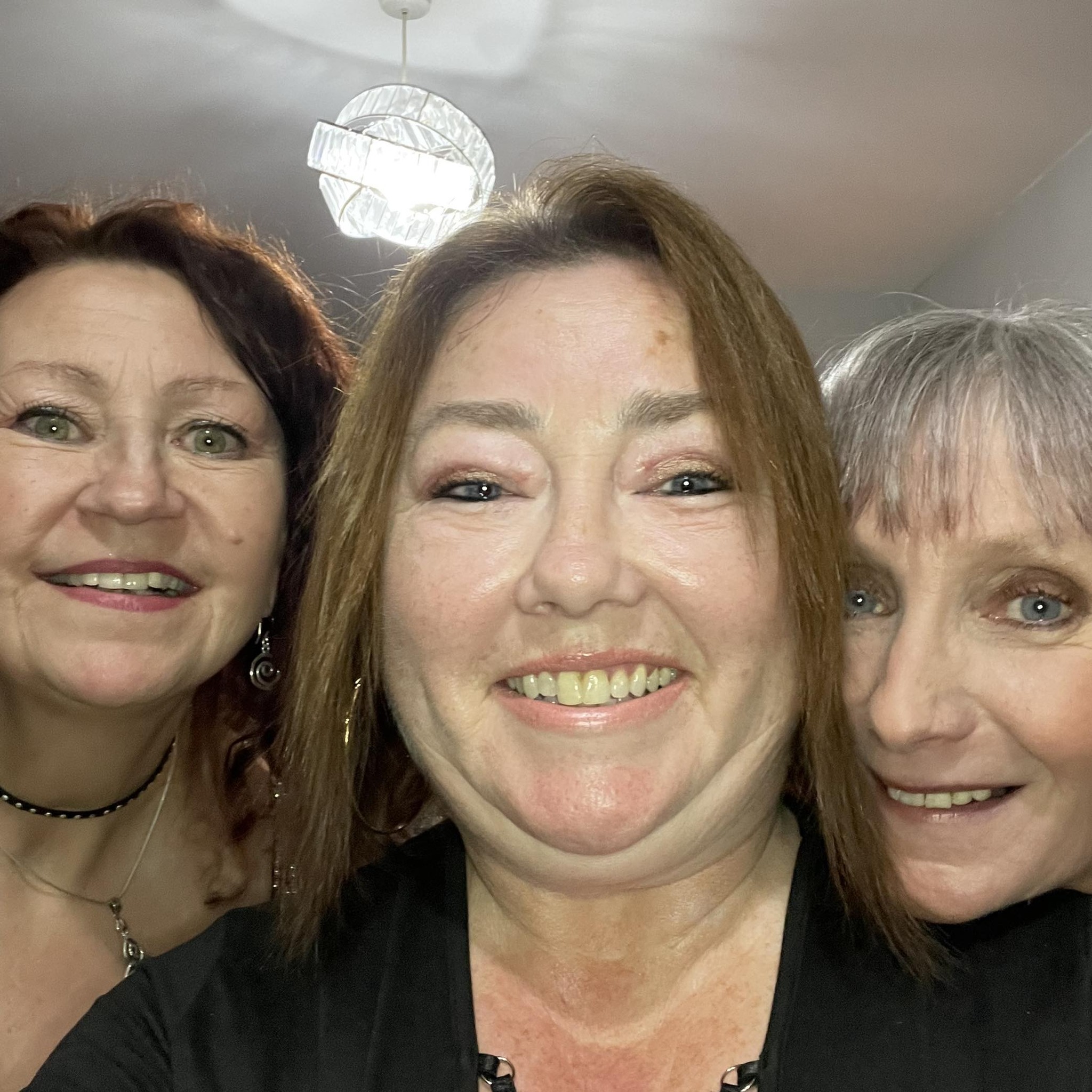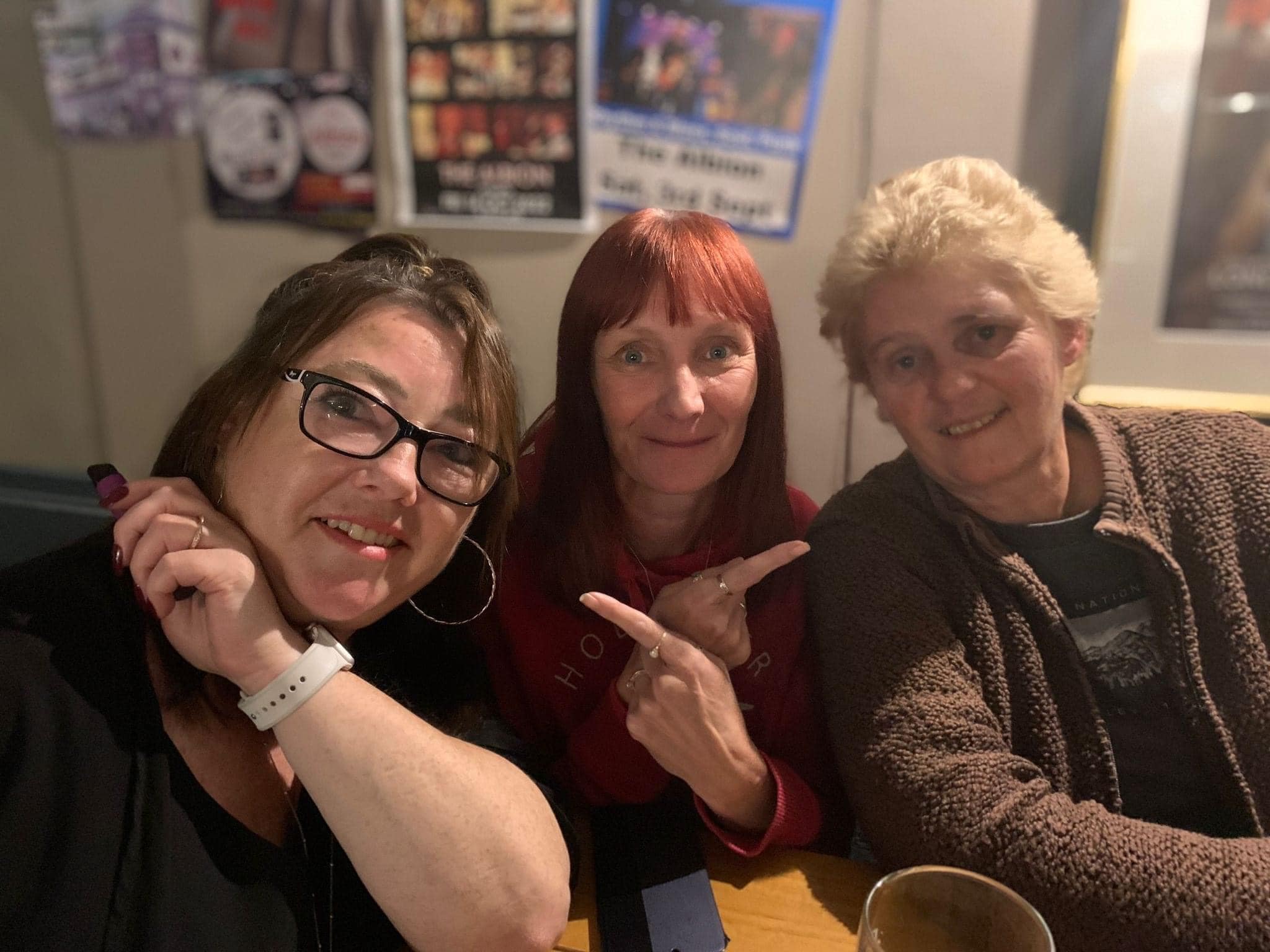Reflective Journals in Counselling Level 2 CPCAB: Exploring Inner Feelings and Self-Awareness
In the journey of becoming a counselor, self-reflection plays a vital role. It’s a process that invites us to pause, step back, and look within ourselves, examining our inner world and understanding how it affects our interactions with others. In the CPCAB Level 2 Counselling course, the practice of maintaining a reflective journal is a powerful tool to foster self-awareness and personal growth.
Reflective journaling might seem like a simple exercise, but it carries immense potential for personal and professional development. The more you engage with your thoughts, emotions, and reactions, the more you understand yourself — and that self-awareness is crucial when working with clients.
What is a Reflective Journal?
A reflective journal is a space where you regularly record your thoughts, feelings, and experiences. Unlike a simple diary, which documents events, a reflective journal invites deeper reflection on those events and the emotional responses they evoke. It asks, “Why did I feel that way?” or “What does this experience tell me about myself?”
In the context of your CPCAB course, it’s a safe place to explore your responses to what you are learning. You can reflect on class discussions, personal interactions, or moments when you felt challenged or inspired. It’s about becoming curious about your inner life.
Why Is Self-Awareness Important in Counselling?
Self-awareness is foundational to being an effective counselor. It’s about understanding your biases, emotional triggers, and how your life experiences shape the way you see the world. When working with clients, your own unresolved issues can unconsciously influence how you interact or respond to them. By practicing self-awareness through reflective journaling, you can better manage these reactions and offer a non-judgmental, empathetic space for your clients.
For instance, if you notice in your journal that you often feel impatient when listening to certain types of problems, you can explore why that is. Is it connected to your own life story? What does this feeling tell you about your values or boundaries? By bringing this into your awareness, you can ensure it doesn’t interfere with your work.
The Role of Reflective Journals in the CPCAB Course
As part of the CPCAB Level 2 Counselling course, reflective journals aren’t just an academic requirement; they are an integral part of your journey towards becoming a counselor. You’ll be encouraged to explore topics such as self-concept, personal values, and your responses to various counseling techniques and theories.
Reflecting on these aspects helps you develop emotional literacy — the ability to recognize and articulate your own feelings, which is crucial when guiding others through their emotional landscapes. It also sharpens your empathy, as you can better understand and relate to your client’s experiences when you’ve practiced understanding your own.
Reflecting on My Journey So Far
In my own journey, I’ve found the process of reflective journaling both challenging and rewarding. Some days, I uncover emotions I didn’t expect to encounter — vulnerability, fear, even resistance to change. On other days, the insights flow easily, and I feel more connected to myself and my purpose.
I’ve come to realize that moments of discomfort in the journaling process are where the real growth happens. They force me to confront parts of myself I might have been avoiding. For example, when reflecting on my initial encounters with substance abuse counseling, I found myself grappling with personal biases. Through journaling, I was able to explore where these came from and work towards releasing them, so they don’t cloud my professional judgement in the future.
The Power of Self-Acceptance
An essential part of self-awareness is learning self-acceptance. As I’ve delved deeper into reflective journaling, I’ve had to face the parts of myself that are less comfortable to acknowledge — my fears, insecurities, and mistakes. But through this process, I’ve also learned to offer myself the same compassion I aim to offer clients.
Journaling has taught me that self-awareness isn’t about perfection. It’s about embracing yourself, flaws and all, and committing to continual learning and growth. As I continue on this path, I see how my own self-acceptance will positively impact my future clients, allowing me to create a safe, non-judgmental space for them to explore their challenges.
Final Thoughts
Reflective journals are more than just a course requirement; they are a transformative tool for self-awareness. They allow you to connect with your inner world, process your emotions, and develop the empathy and insight necessary to be an effective counselor.
As you embark on this journey of reflection, be patient and gentle with yourself. You’re not just learning to be a counselor — you’re learning about yourself, your strengths, and areas for growth. And in the end, this deepened self-awareness will make you a more empathetic, understanding, and skilled practitioner, ready to help others navigate their own challenges.





